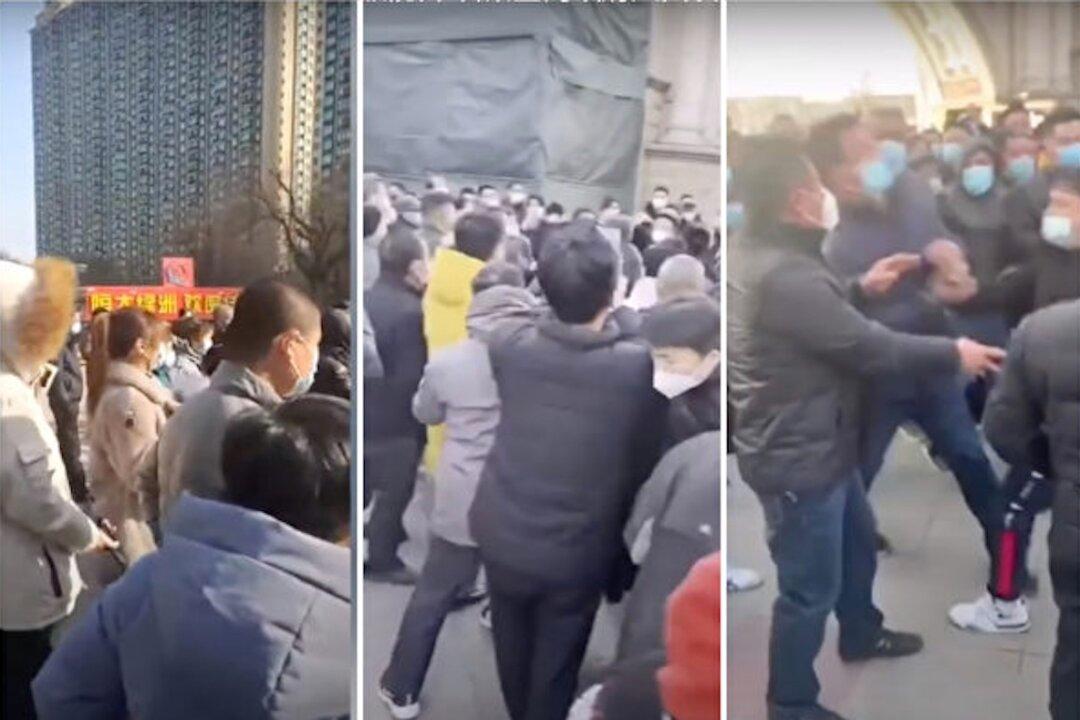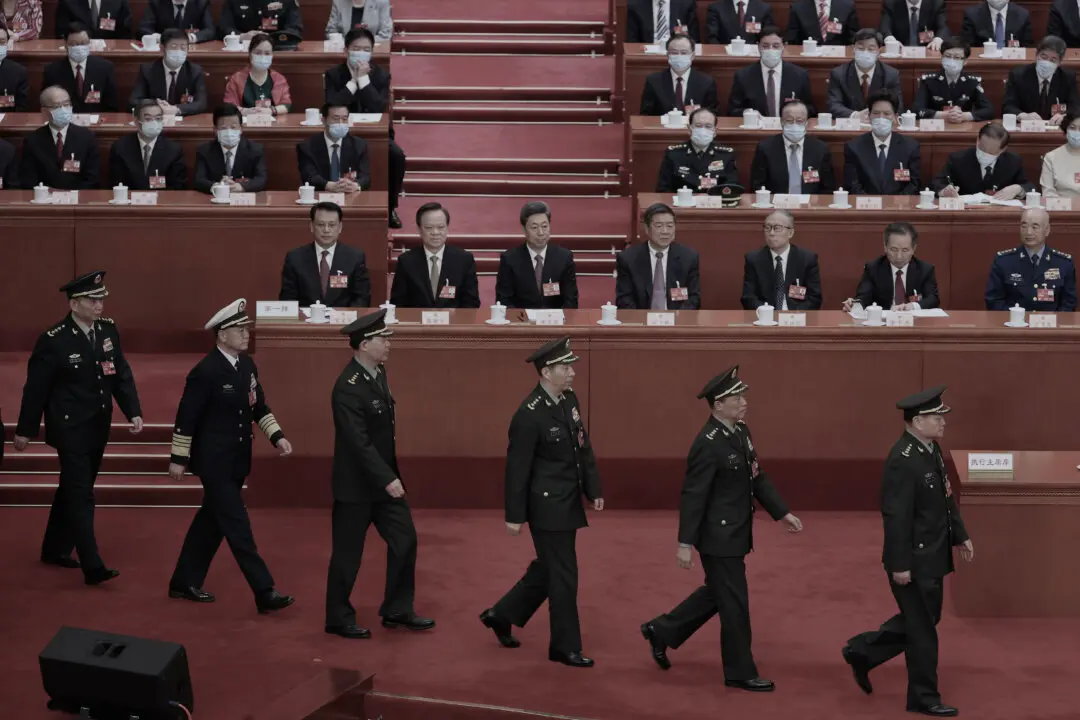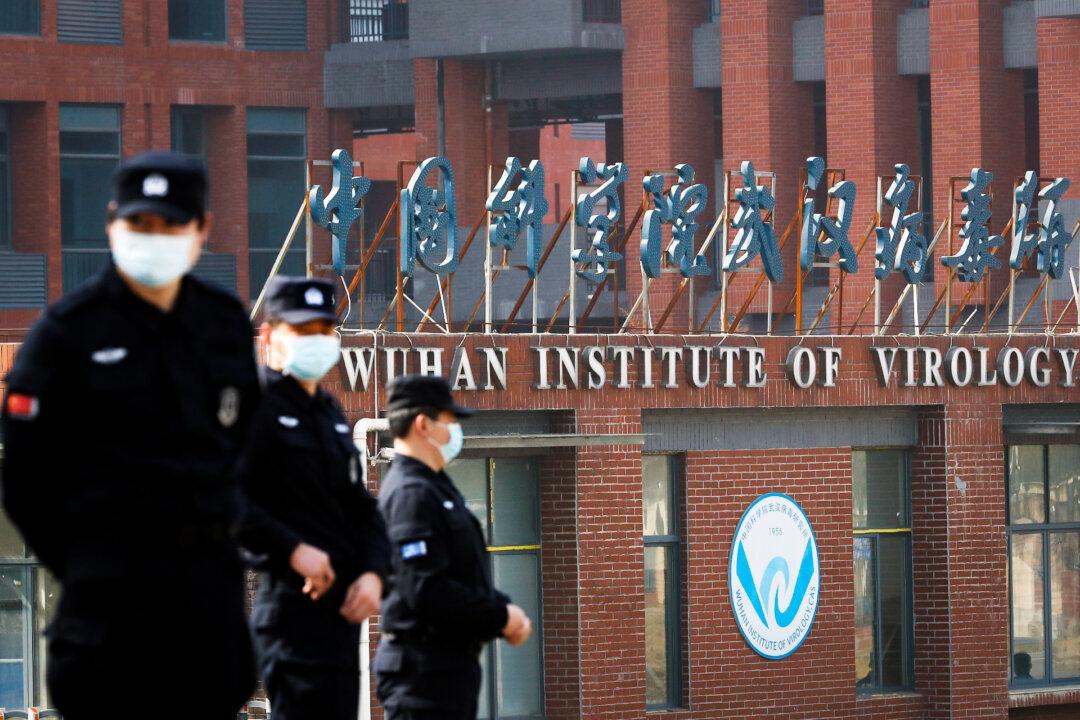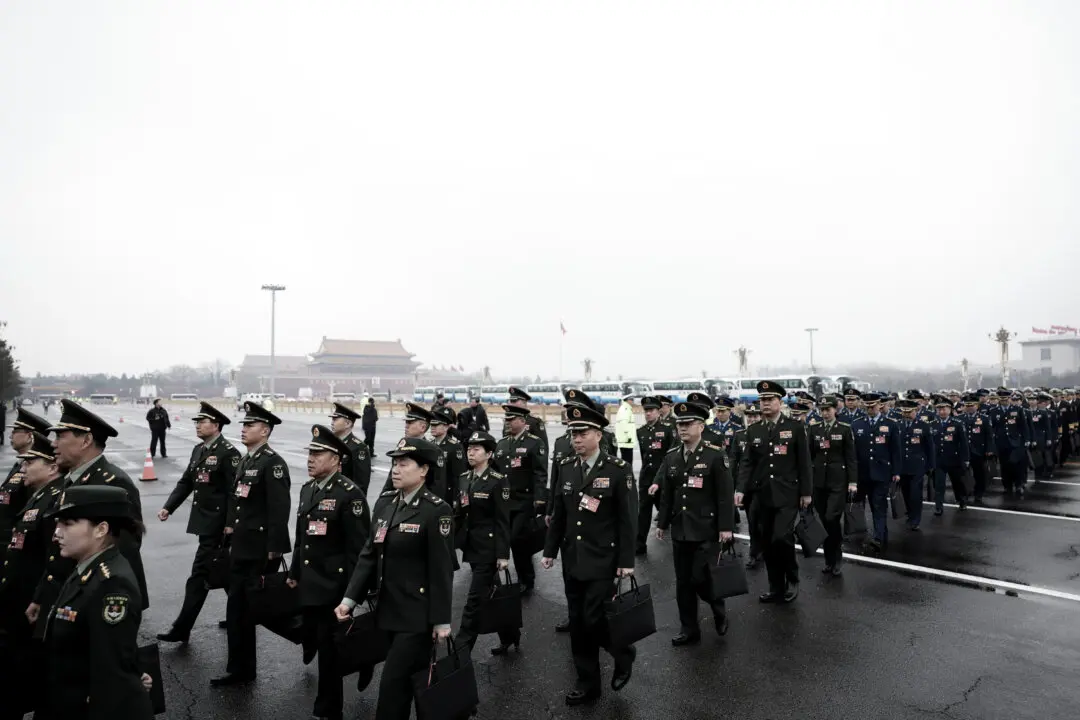Gaocheng district of Shijiazhuang city, Hebei Province, is one of the hotspots of the latest COVID-19 resurgence in China. The district of roughly 800,000 people has been under total lockdown since early January, despite authorities recently downgrading the disease risk level to low.
Thousands of residents at the Hengda Oasis residential community in the district protested against the lockdowns this week and clashed with local government workers. Meanwhile, people in nearby Nangong city, another hotspot, are becoming mentally distraught after being stuck indoors for an extended period. One reportedly committed suicide. The Hebei government announced that the mass lockdown will continue for the foreseeable future.




